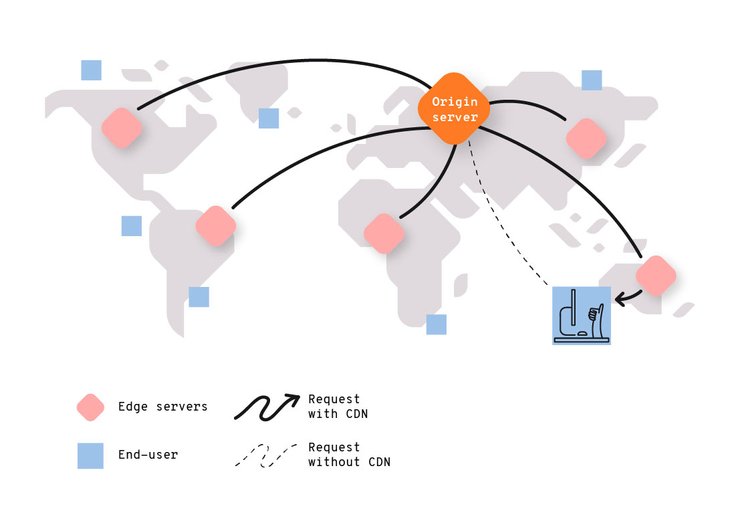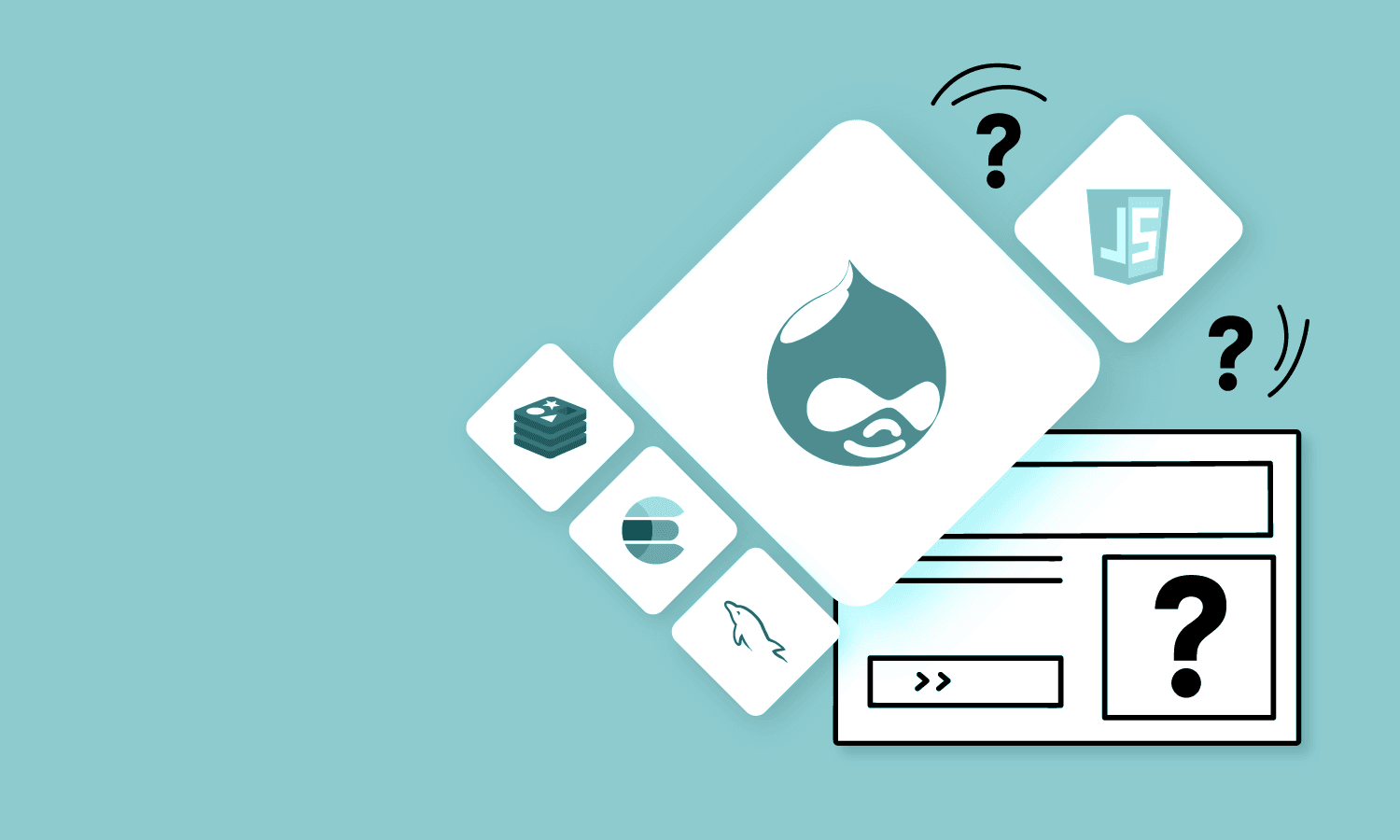Ask a non-technical professional what the most challenging part of their job is and you’ll often hear, “Understanding what the heck our developers are talking about.” The “What the heck is . . .?” series explains common development terms in simple language. Today we’re letting you know what the heck your developers are talking about when they talk about a “CDN.”
Website CDNs purpose built for global reach
When developers talk about CDN (meaning: “content delivery network”), they’re talking about a linked group of web servers distributed across a wide geographic area. The same way you would set up multiple WiFi boosters in your home to make sure you could get a strong data connection in every room, developers rely on CDNs to provide their website customers fast and reliable access no matter where they live.
When you visit a website, it takes a certain time to load. And when you’re clicking around inside the website, it takes a certain time to react to your clicks. The delay between you asking the website to do something and it doing it is known as latency. The farther you are from the hosting server that is shuttling your request to the website and the website’s response back to you, the longer the latency. If you’re on your laptop in a cafe in New York City reading through the contestant bios for your favorite Japanese game show, your mocaccino might be ice cold by the time you scroll to the bottom of the page.
A CDN seeks to decrease latency by getting you closer to a website’s server. A CDN is built from two types of servers: an origin server and edge servers. The origin server houses the original copy of the website. It’s the starting point of the CDN. The edge servers are connected to the origin server and to each other, but are scattered far and wide geographically. They store copies, or caches, of the website data. When you request information from the website, the CDN will send you to the closest edge server to get it. Closer servers mean quicker website responses!
Content delivery networks not only make website traffic faster, but also more resilient. A common type of cyberattack, a distributed denial-of-service (DDOS) attack, works by flooding a website server with data requests, overwhelming it and causing the site to crash. A CDN cushions the origin server by spreading the flood of data requests among the many edge servers.
The benefits of CDNs
The ability of a CDN to distribute and localize website data provides important benefits:
- It speeds up website loading times by distributing the content from a server located close to the site visitor.
- It lowers website hosting costs by reducing resource consumption on the origin server.
- It increases content availability by boosting traffic capacity and limiting hardware failure.
- It strengthens website resiliency by storing multiple copies of the website across edge servers.
- It adds a layer of security and defense against malicious data requests.
CDNs and Platform.sh: A formula for site speed
Platform.sh provides its Enterprise customers with access to Fastly, our CDN partner. Projects leveraging Fastly boast major performance improvements with quicker loading times and increased traffic capacity. They also enjoy DDOS protection and other security measures.
Fastly is available to all Enterprise clients on G-XL or larger plans. Although Fastly is not bundled with lesser plans, CDN access can be added for an additional fee.
To learn more about Fastly or about upgrading your account to Enterprise or Elite, contact your account representative or partner manager or send a message to our sales team.
 Switching to Platform.sh can help IT/DevOps organizations drive 219% ROI
Switching to Platform.sh can help IT/DevOps organizations drive 219% ROI Organizations, the ultimate way to manage your users and projects
Organizations, the ultimate way to manage your users and projects






